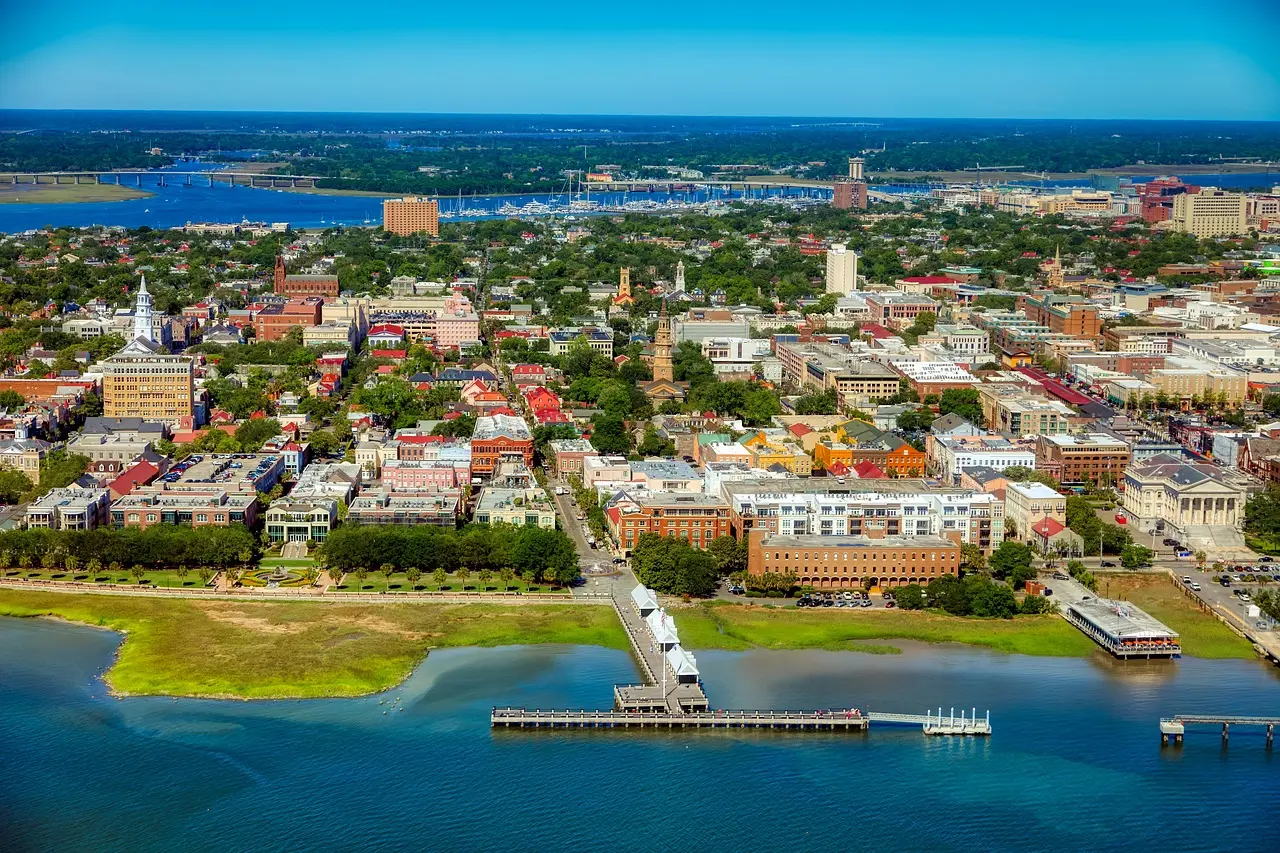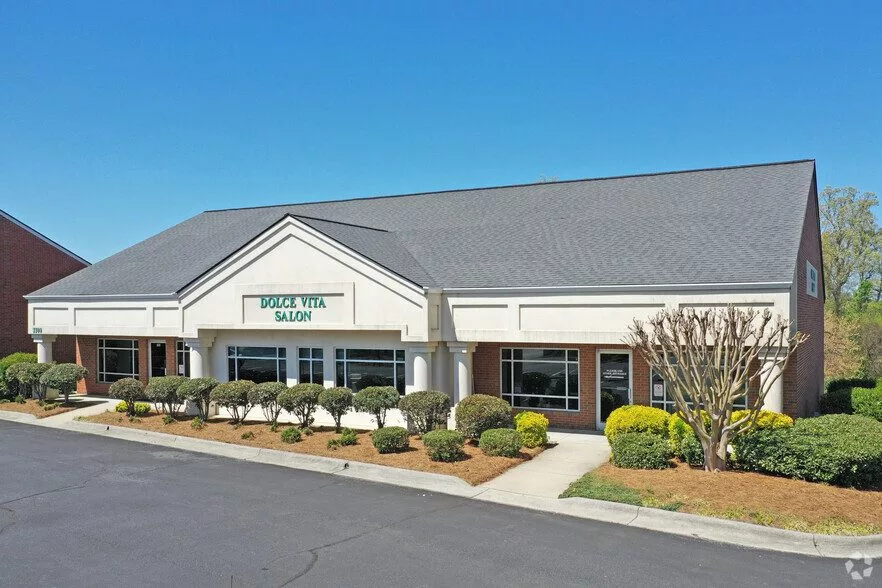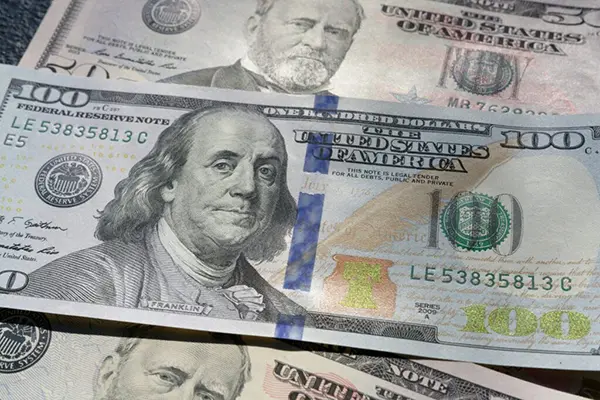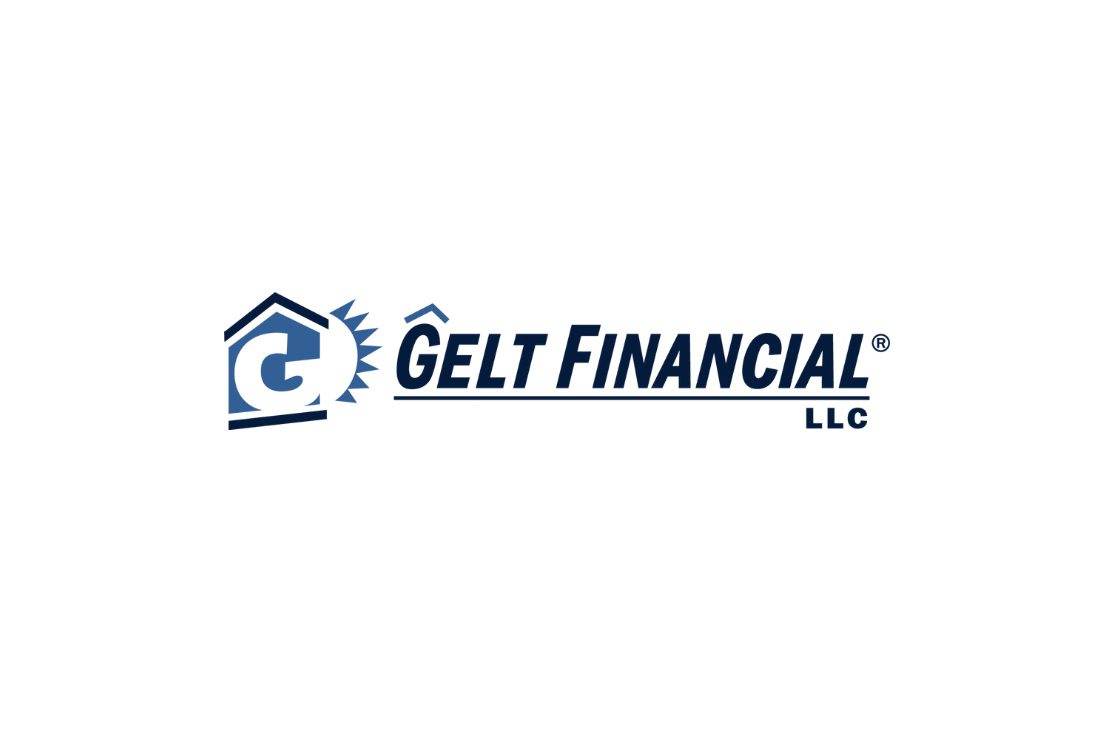Hard money loans Charleston, South Carolina
Get the best terms of 2024 for a private hard money loan in Charleston, South Carolina

Charleston Hard Money Lending Terms (2024 update)
Gelt Financial's lending programs for Charleston, South Carolina
or call (561) 221-0900 to be connected to a loan officer
Gelt Financial was the best private lender in South Carolina for these properties
Did you find a good real estate investment deal in Charleston, South Carolina?
Call us today for a quick pre-approval: (561) 221-0900
Hard money loans FAQ
Hard money loans are a type of financing where the loan is secured by an asset, usually real estate. The value of the underlying asset is the primary factor lenders use to determine approval, rather than the borrower's credit score or income like traditional bank lending.
Private investors and specialty finance companies provide these loans on a short-term basis, usually 1-5 years. Borrowers often use hard money as a bridge when they need flexible, quickly funded financing to rehabilitate or stabilize property in preparation for refinancing into longer-term conventional financing.
Common hard money loan use cases include flipping houses, rehabbing commercial buildings, or providing working capital for real estate investments. Since hard money lenders can fund faster than banks by focusing on the project rather than the borrower, these loans allow borrowers to move quickly when time-sensitive investment opportunities arise.
The tradeoff is that hard money loans typically have higher interest rates and fees compared to conventional bank lending. This pricing reflects the increased risk taken on by the lender as well as the convenience of rapid funding. Like other types of alternative financing, hard money fills a niche for borrowers willing to pay more for speed and flexibility.
Why would a Charleston real estate investor pick a hard money loan (asset–based loan) over a conventional loan provided by a bank with lower rates?
Charleston's hot real estate market offers lucrative opportunities for investors, but you need to act fast. Here are the key factors investors weigh when choosing between conventional or hard money loans:
Speed is essential - Charleston's market moves lighting fast, with bidding wars on properties a regular occurrence. Hard money loans can provide financing in days rather than the weeks or months banks take. This allows investors to jump on deals right away before the competition.
Renovation funding - Many Charleston properties require extensive renovations, which banks shy away from. Hard money lenders will fund based on after-repaired value, enabling investors to access capital for flip projects.
Convenience - Out-of-town investors may struggle to provide lots of bank paperwork remotely. Hard money lenders emphasize the deal itself over borrower credentials.
In the end, paying higher rates for hard money loans is often worth it in Charleston due to the ability to close rapidly on off-market or fixer upper deals other buyers can’t purchase without delays in financing. Hard money enables investors to win deals and capitalize on Charleston's surge in property values.
What are the interest rates in Charleston hard money loans?
Interest rates for hard money loans in Charleston can vary depending on several factors, including the lender, loan term, borrower's creditworthiness, and the specific property being financed. Some general trends and factors to consider regarding interest rates for hard money loans:
- Market Rates: Interest rates for hard money loans in Charleston typically range from 8% to 15%, but they can sometimes be higher or lower based on market conditions and lender policies.
- Loan-to-Value (LTV) Ratio: Lenders may offer different interest rates based on the loan-to-value ratio. Lower LTV ratios (i.e., higher equity in the property) might lead to lower interest rates, while higher LTV ratios could result in higher rates.
- Loan Term: Short-term hard money loans often have higher interest rates compared to longer-term loans. For example, a loan with a term of 6-12 months might have a higher rate than a loan with a term of 2-5 years.
- Property Type and Condition: The type and condition of the property being financed can also impact the interest rate. Lenders may offer more competitive rates for properties in good condition and located in desirable areas.
- Borrower's Experience: Experienced real estate investors with a strong track record may qualify for lower interest rates compared to first-time borrowers or those with less experience.
- Lender Policies: Each hard money lender may have its own underwriting criteria and policies, which can influence the interest rates they offer. It's important to shop around and compare rates from multiple lenders to find the best deal.
- Market Trends: Interest rates for hard money loans can be influenced by broader economic trends, such as changes in the Federal Reserve's monetary policy or fluctuations in the real estate market.
What factors affect the interest rate for a hard money loan?
Getting a hard money loan means navigating a world where interest rates are dynamic and responsive to several key factors:
- The "Three C's": Lenders primarily focus on:
-
- Collateral: The property's appraised value, desirability, and any immediate repair needs.
- Capacity: Your financial resources, debt-to-income ratio, and ability to make payments.
- Credit: While not as heavily weighted as with traditional loans, your credit history still gives lenders insights into your financial habits.
- Deal Structure: The specifics of your loan request matter:
-
- Loan-to-value: Higher LTVs signal greater risk, usually translating to higher interest rates.
- Term Length: Shorter loan durations (typical for hard money) can sometimes lead to a slightly higher interest rate.
- Exit Strategy: A clear, realistic plan for repayment (sale, refinance, etc.) reassures lenders and can influence your rate.
How fast can a hard money loan close?
Hard money loans offer a much-needed alternative when time is of the essence. Here's how the process compares to traditional financing:
- Flexibility vs. Bureaucracy: Hard money lenders focus less on rigid guidelines and more on the overall viability of your deal. This translates to faster underwriting and decision-making.
- Asset-Based Focus: With the property as primary collateral, appraisals happen quickly, often with less formality than conventional mortgage appraisals.
- Collaboration is Key: Work closely with your chosen lender. Their ability to close fast depends on timely communication and clear documentation from you.
Here's a selection of interesting facts about the Charleston, SC real estate investing market:
Market Boom:
- Significant Growth: Charleston's real estate market has experienced significant growth in recent years. Median sales prices for single-family homes have jumped 9.9% to $610,000 (February 2024) compared to the previous year [1, 4].
- Competitive Landscape: The days spent on the market for properties have fallen, indicating a more competitive environment for buyers. Single-family homes are now selling in an average of 37 days, down from 46 days in 2023 [3].
- High Demand, Low Supply: Inventory remains low, with a months' supply hovering around 0.9 months, indicating a seller's market with high demand outpacing available properties [2, 6].
Investment Opportunities:
- Strong Rental Market: Charleston boasts a thriving tourism industry and a growing population, leading to a strong rental market. This can be attractive to investors seeking consistent rental income [2].
- Diversification: The market offers a variety of options beyond single-family homes. Townhomes and condos are experiencing a surge in new listings, presenting opportunities for investors seeking different entry points [4].
- North Charleston Potential: Home prices in North Charleston are about 30% higher than other areas in the city, offering potential for appreciation, though competition might be fiercer [2, 3].
Market Nuances:
- Shifting Buyer Power: While still a seller's market, recent data suggests a slight shift. The median sold price for homes is under the asking price, and some hot properties sell below market value [5]. This might indicate a potential softening in the extreme seller's market conditions.
- Interest Rate Impact: Rising interest rates might cool off some buyer enthusiasm, impacting overall market dynamics in the coming months [3].
Additional Points:
- Historic Charm: Charleston is renowned for its well-preserved historic districts. Investing in these areas can offer opportunities for appreciation while preserving architectural heritage, but there might be stricter regulations for renovations [2].
- Natural Hazards: The Charleston area is prone to hurricanes and flooding. Investors should consider these risks when evaluating properties and incorporating proper insurance coverage into their strategies [2].
Sources:
- [1] stgermainproperties.com [Charleston, SC, Real Estate Market Prices, Trends, & Forecast 2024 | Blog]
- [2] doorloop.com [Charleston Real Estate Market Everything You Need to Know]
- [3] chsmls.com [Charleston Real Estate Market Trends for 2024 - CHS MLS]







